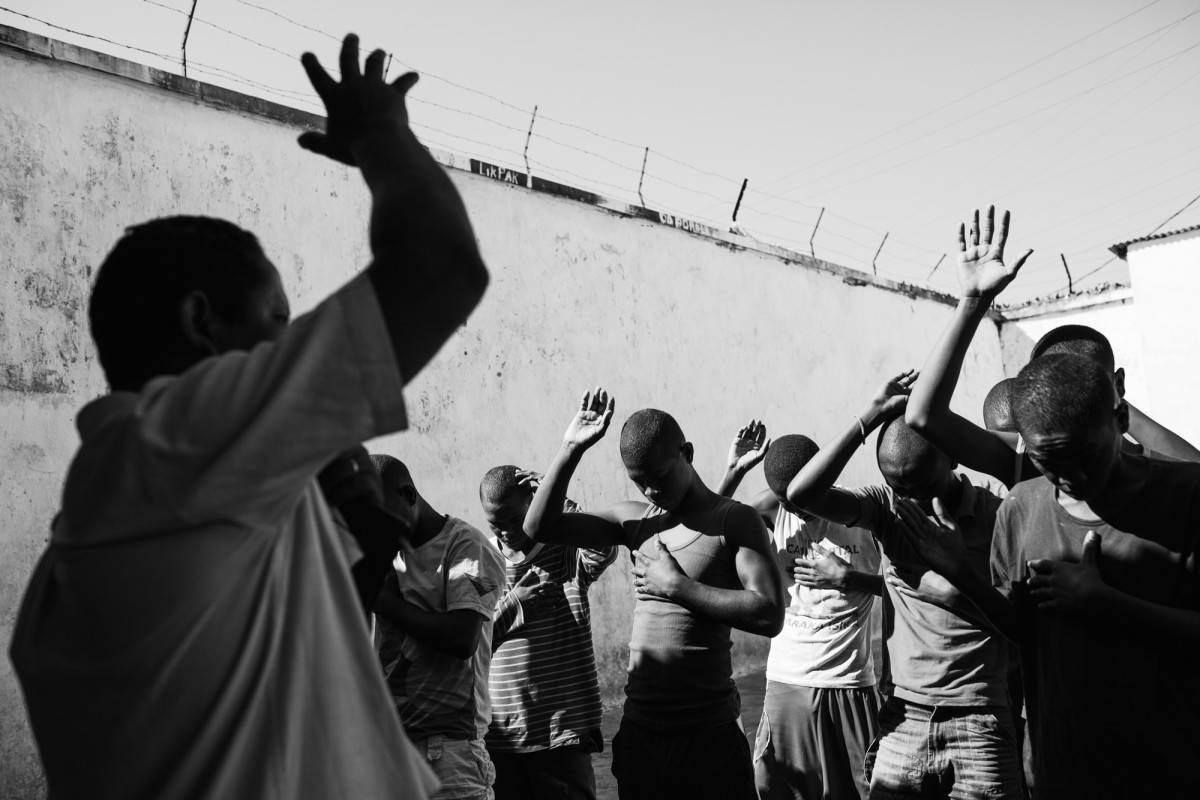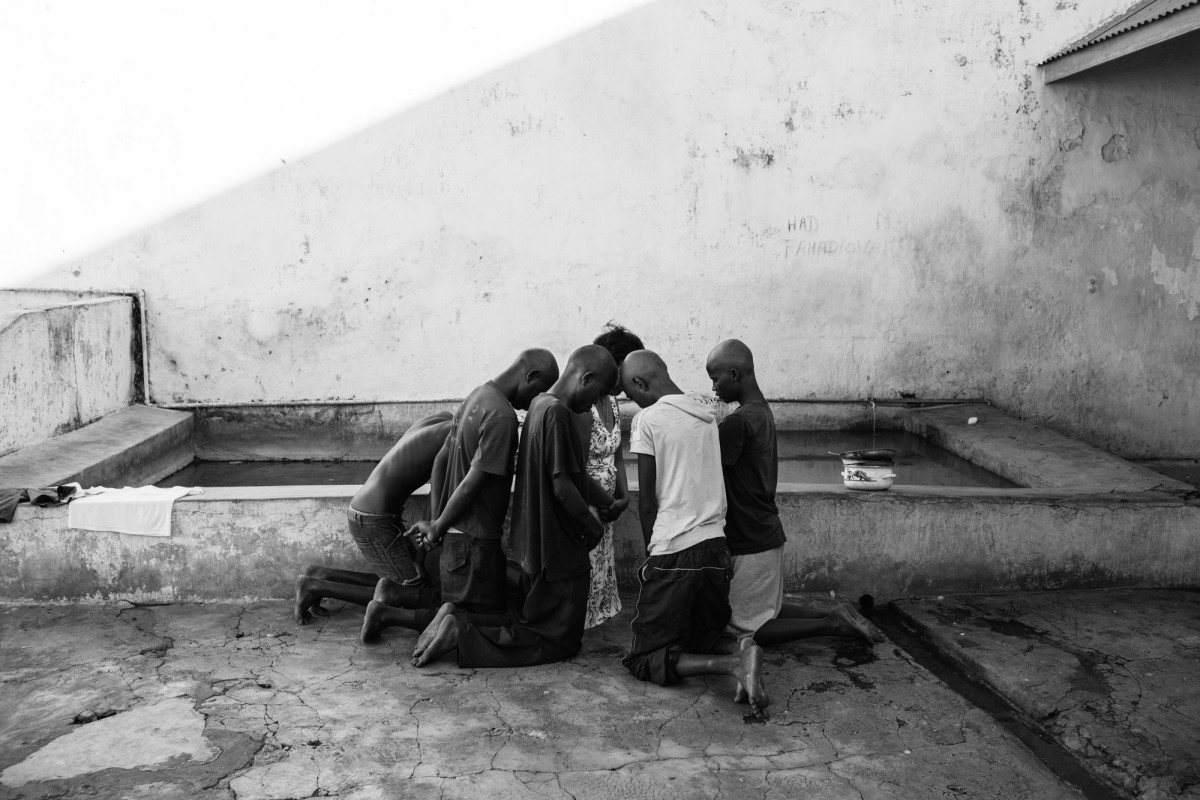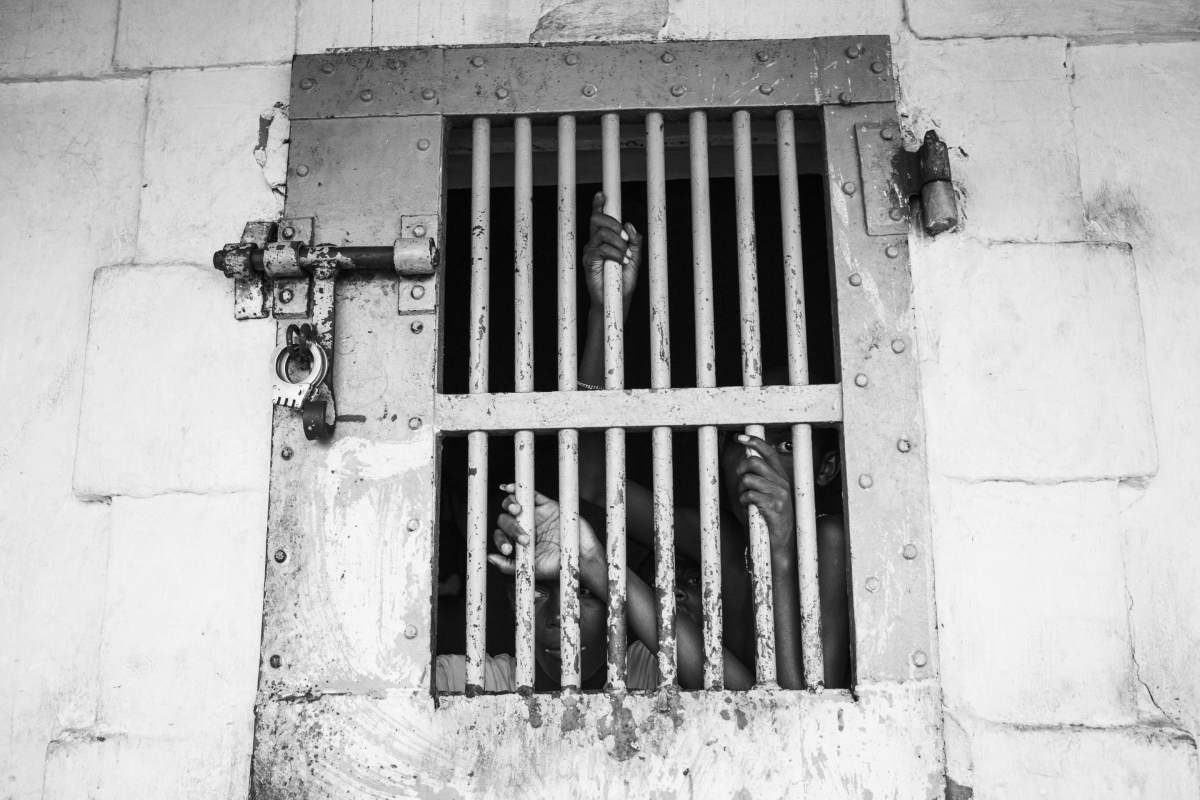read the full story
read the full story
Isolation
The number of people incarcerated is growing, rates of re-offending remain high, and too many prisons are dangerously under-resourced.
In Madagascar, as in many countries across Africa, there are inmates who will never meet a lawyer. Many prisons in the country lack adequate food, sanitation, and access to proper medical care; and provide few rehabilitative programmes, educational or vocational opportunities. Children are detained alongside adults. Many young children are living with their mothers in prison.
Inmates in such conditions are at high risk of mental illness. For those who enter the system with psychosocial disability, the stress of prison can make their condition dramatically worse.
In Marofoto Prison, in Mahajanga, Madagascar, Handicap International supports the Ministry of Justice and the Prison Administration to work to prevent psychological distress of detained people, and to ensure the care of inmates living with mental health problems.
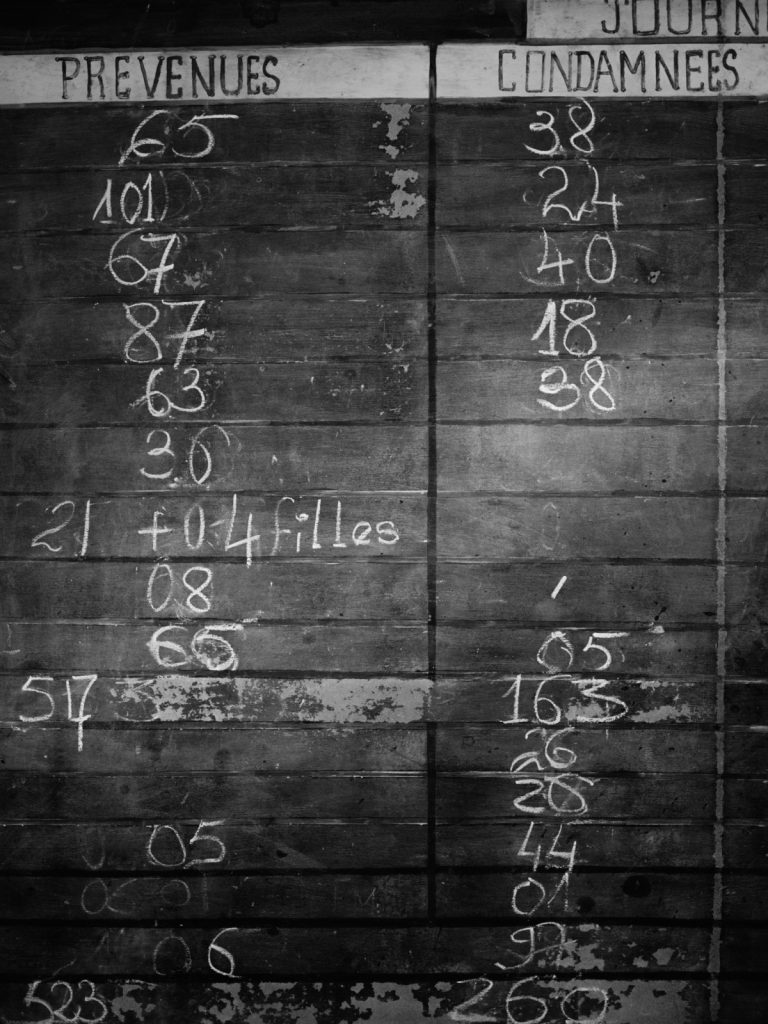
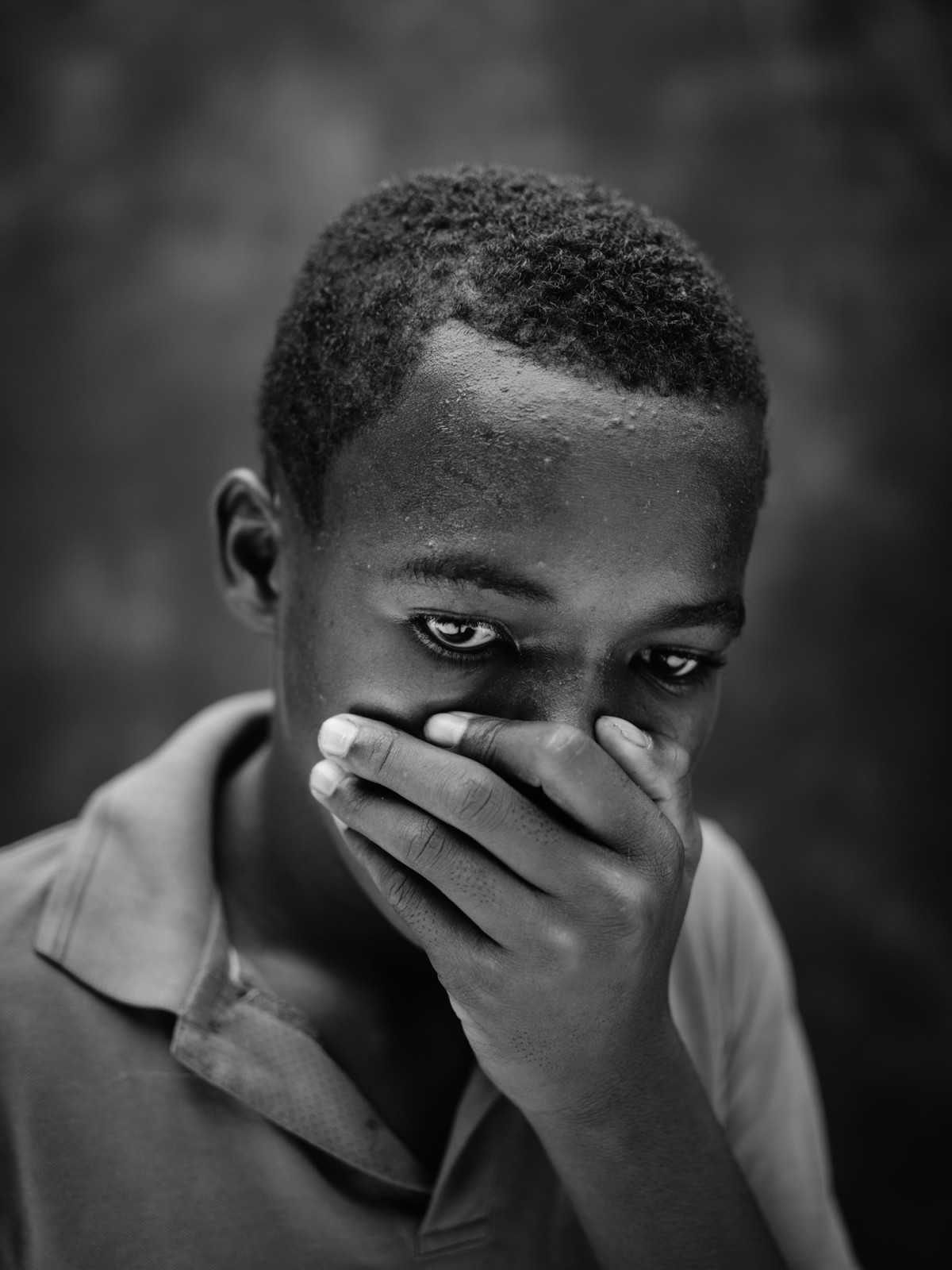
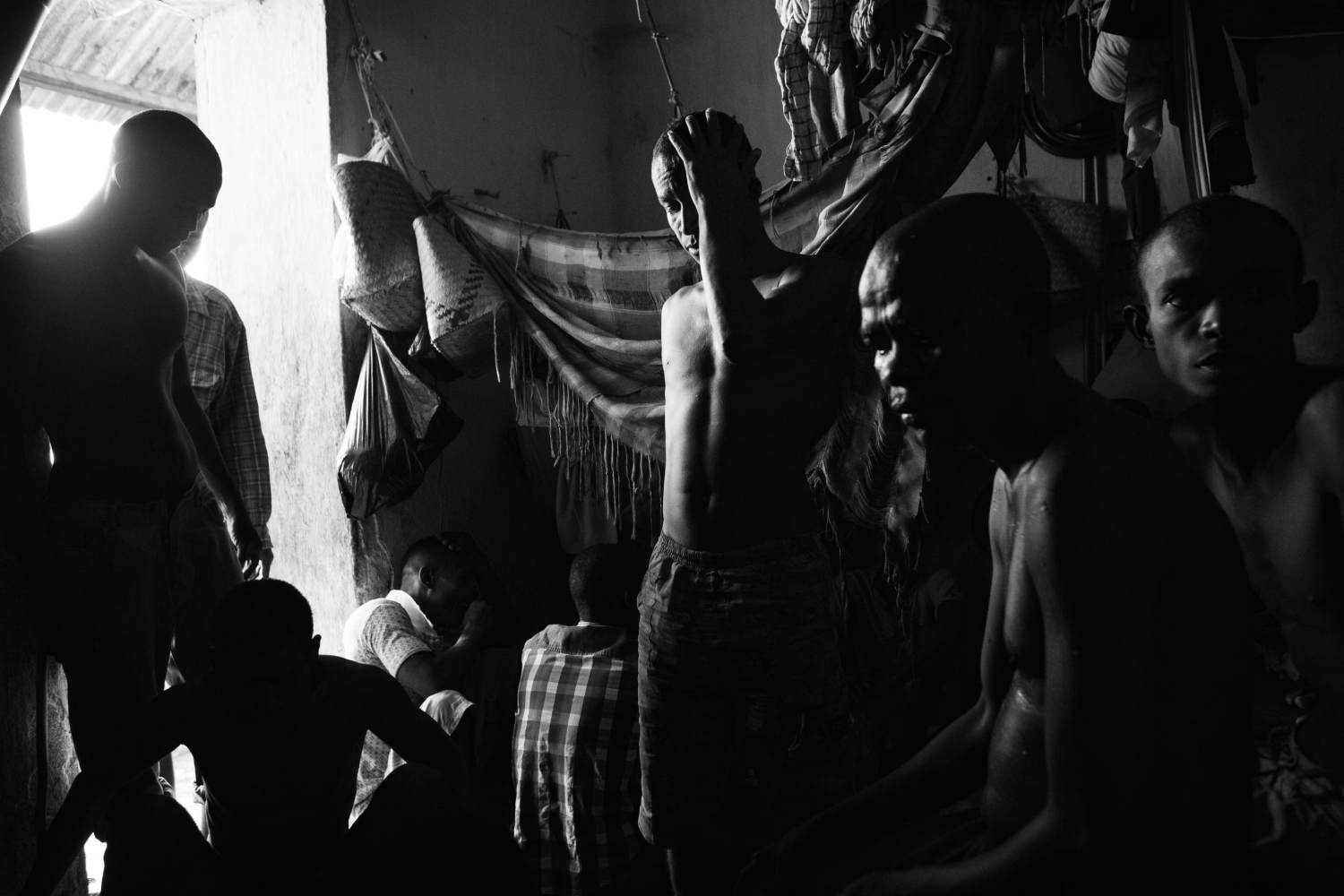
Cells with no space
Inside one of Marafoto Prison’s overcrowded cells. On average, there are 650 prisoners and 100 people working in the prison, in an insitution with capacity for 350. Split into eight ‘quartiers’ with 27 rooms, each prisoner has less than one metre square to themselves.
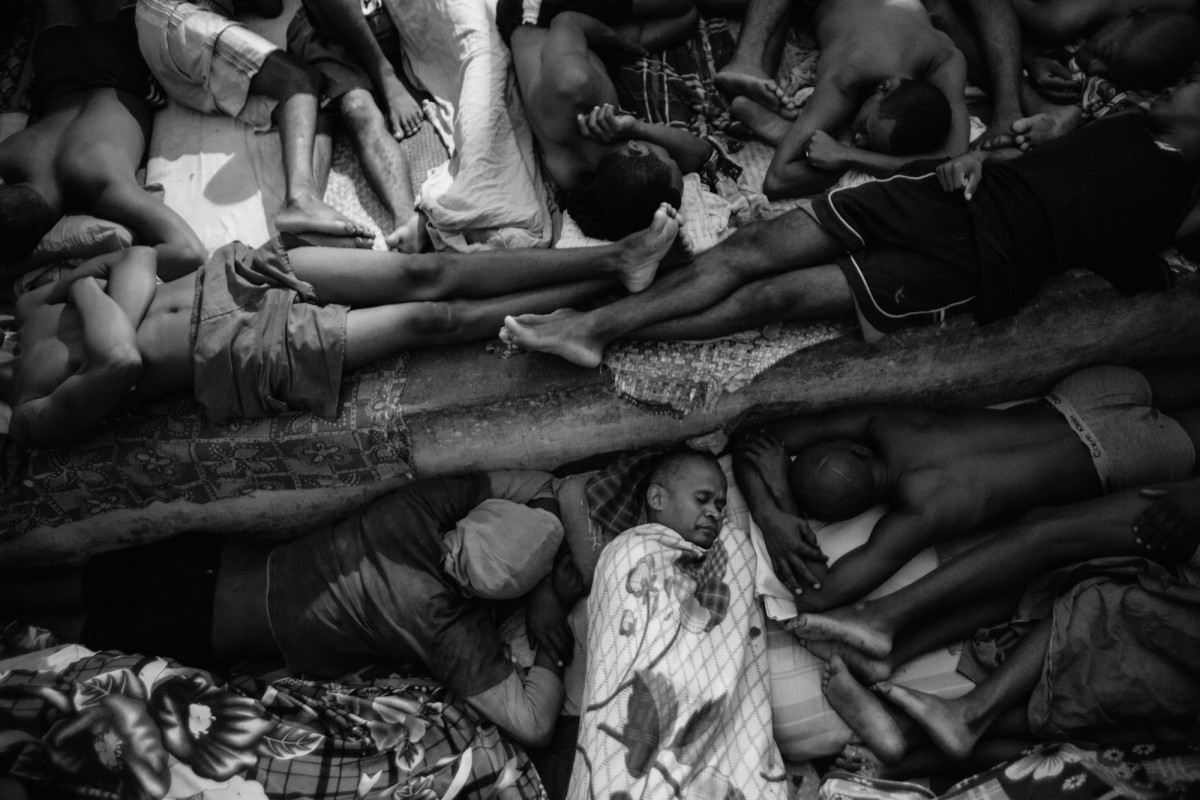
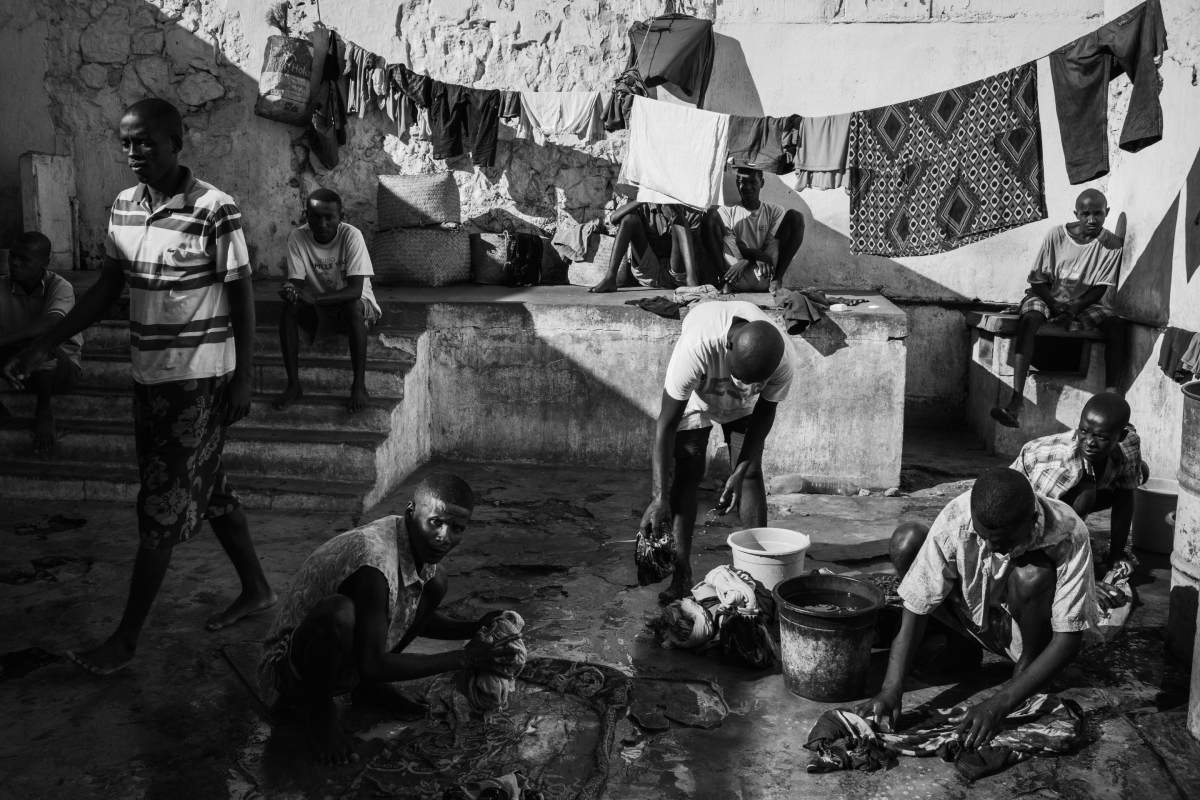
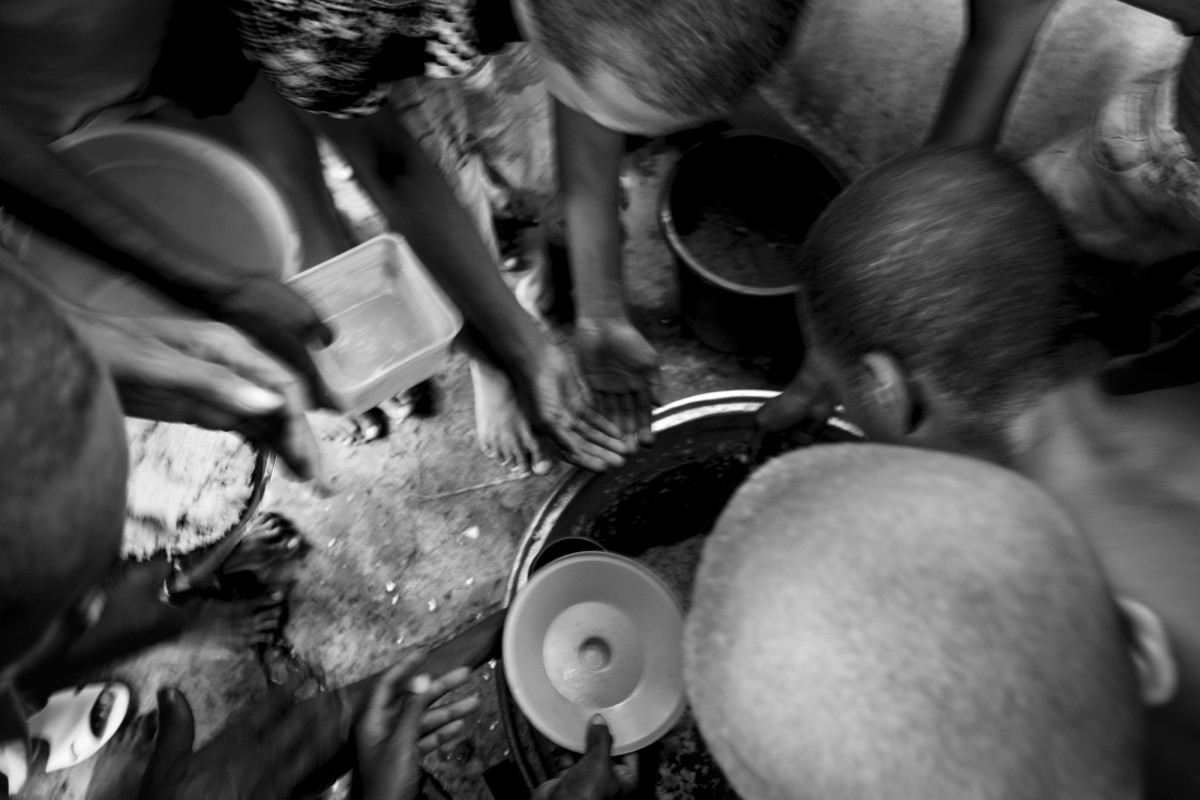
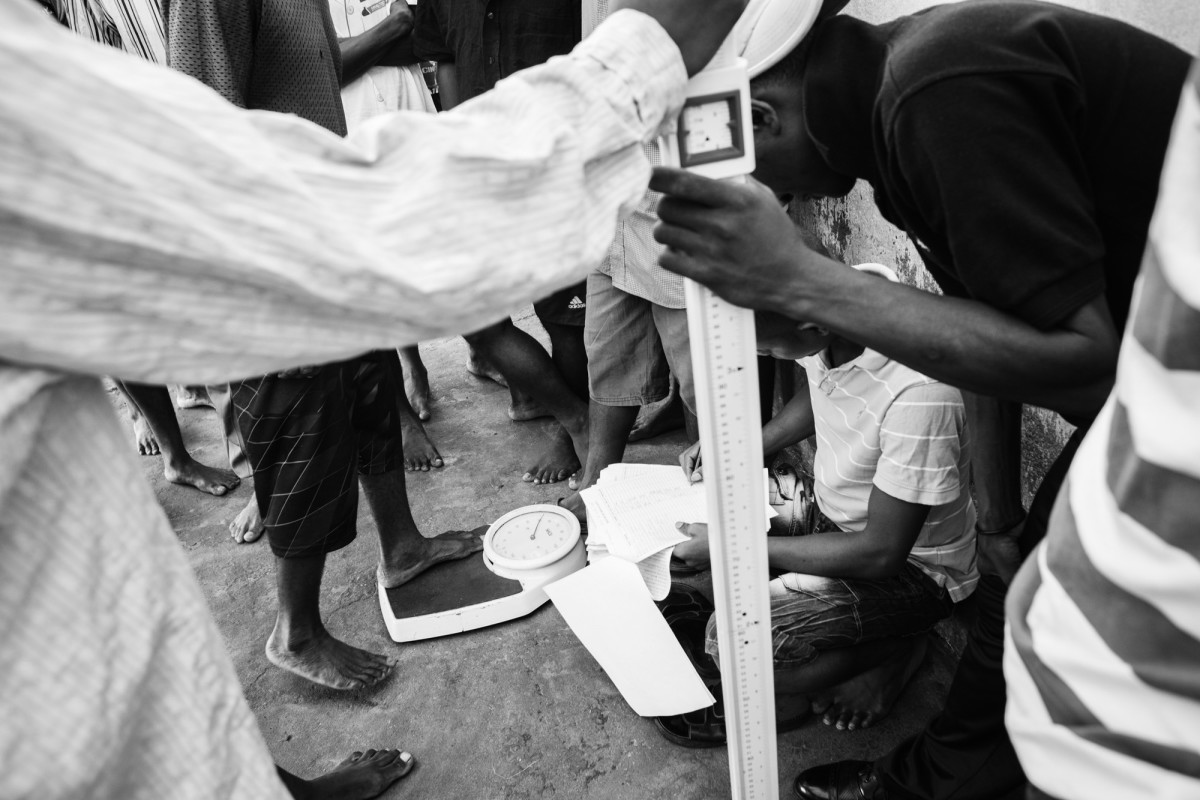
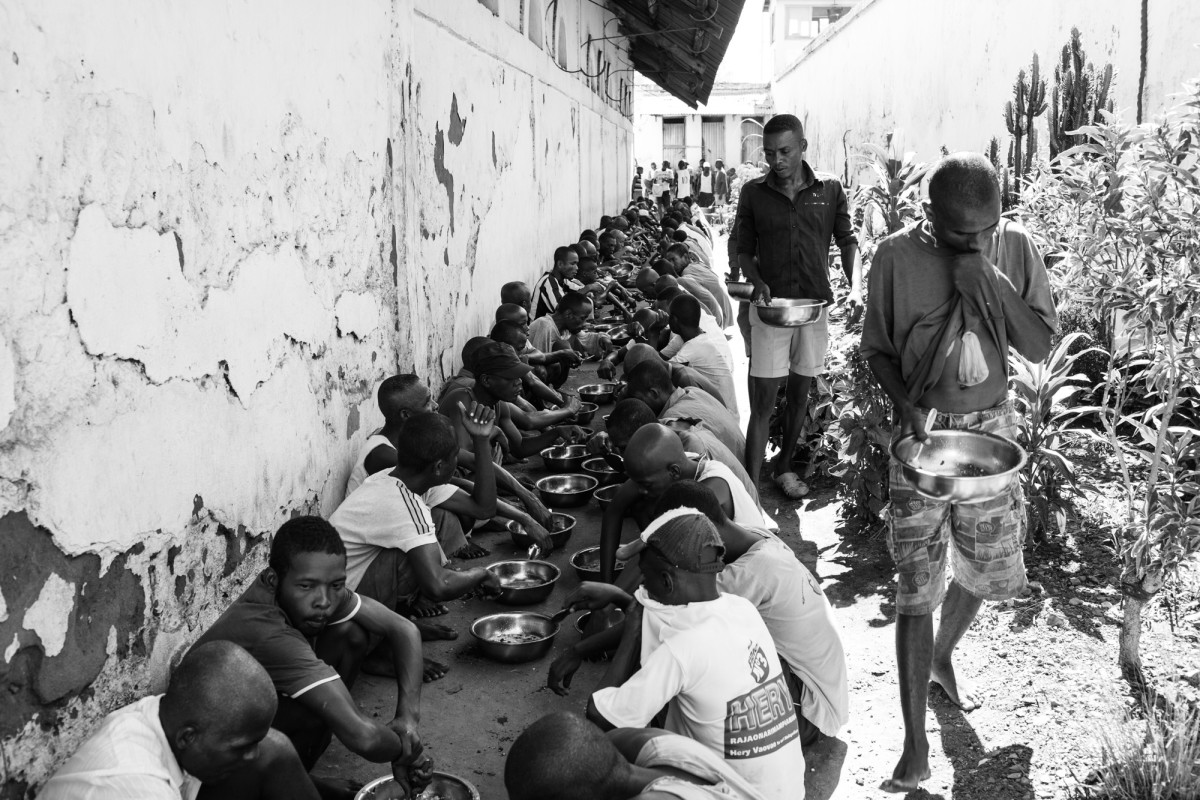
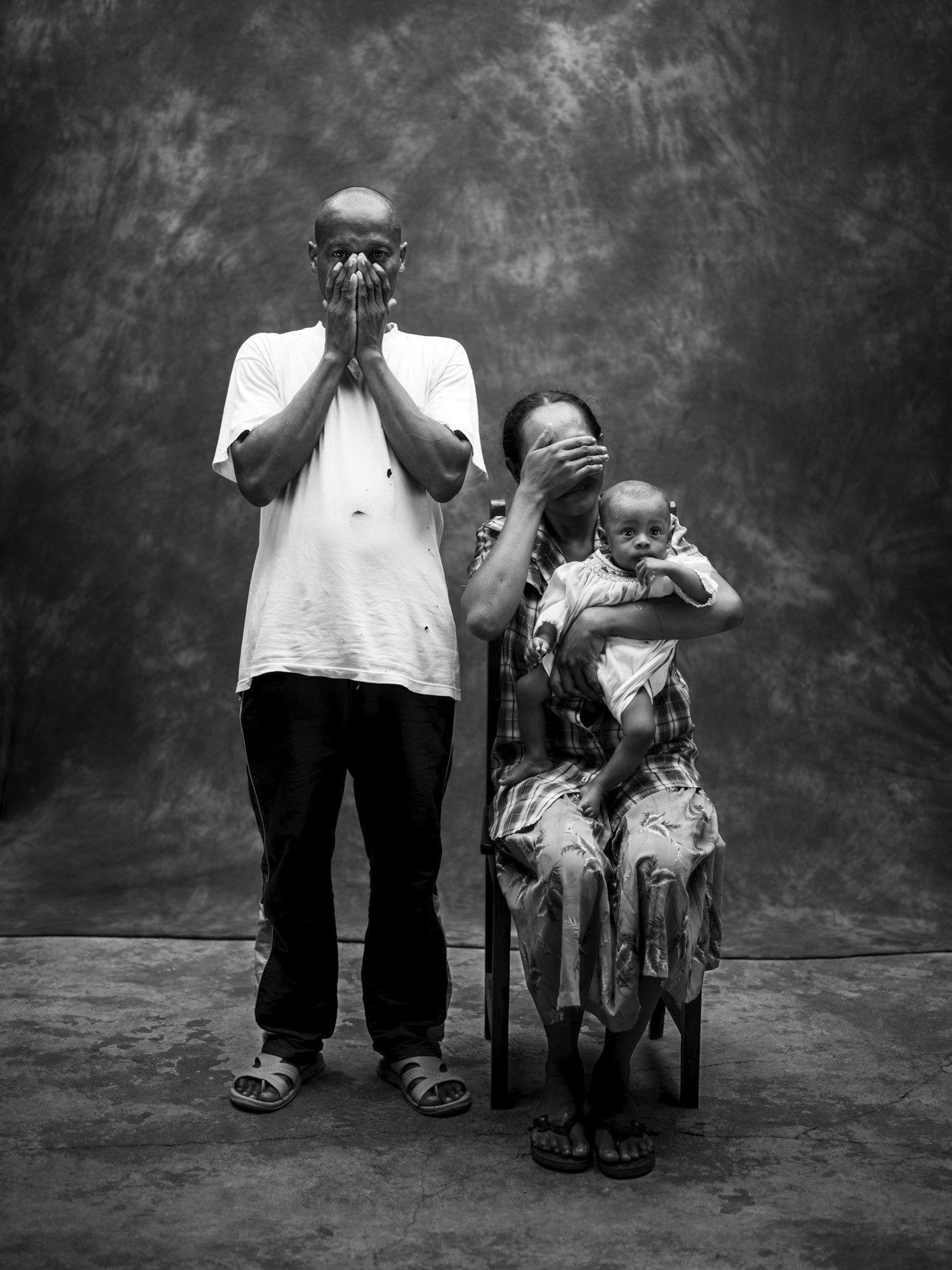
Future destroyed
39 year old Elie Jean Gervais Rasolofonjanahary and his 38 year old wife Vololoniaina Florette have spent 11 months in prison awaiting trial.
Elie Jean Gervais stays in the men’s cells while his wife stays with their four-month old child in the women’s section of the prison. They are accused of murder. They say they are innocent.
“It’s a very sad situation, and all our future is completely destroyed, our other children are scattered outside and have stopped school. Food in the prison is very poor. We find it extremely difficult.”
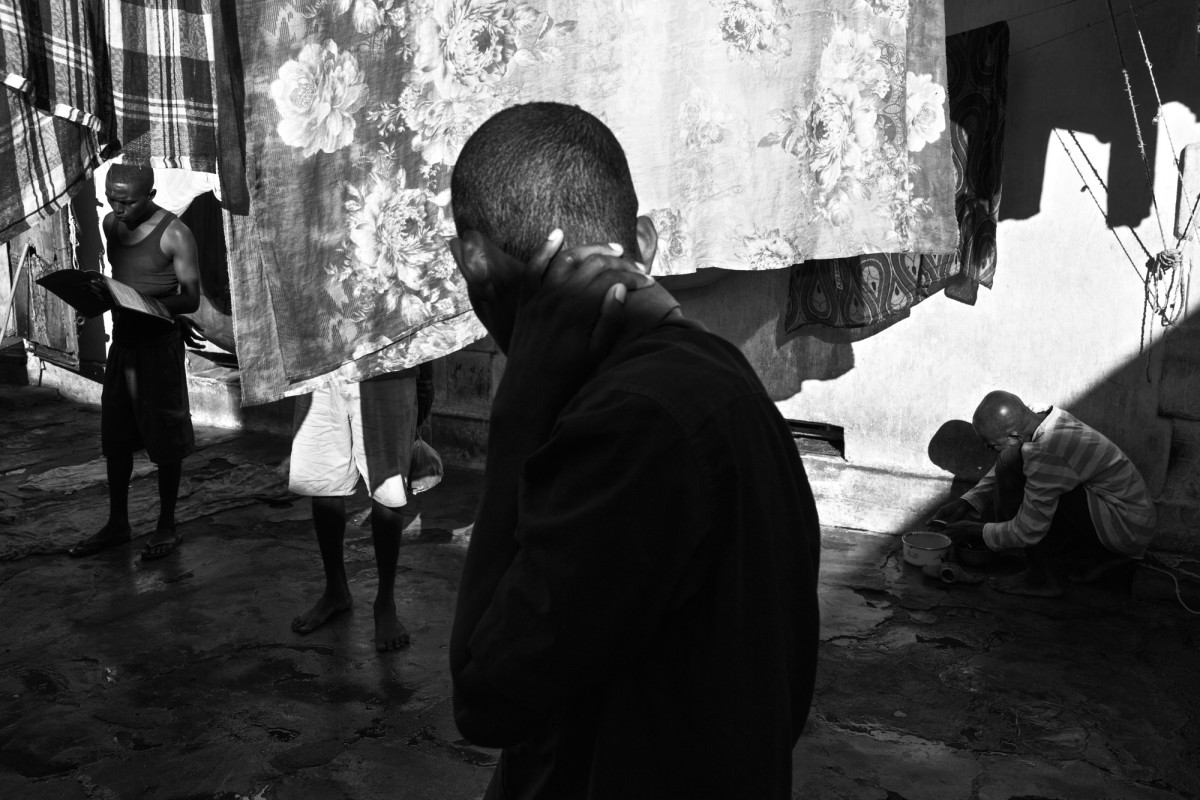
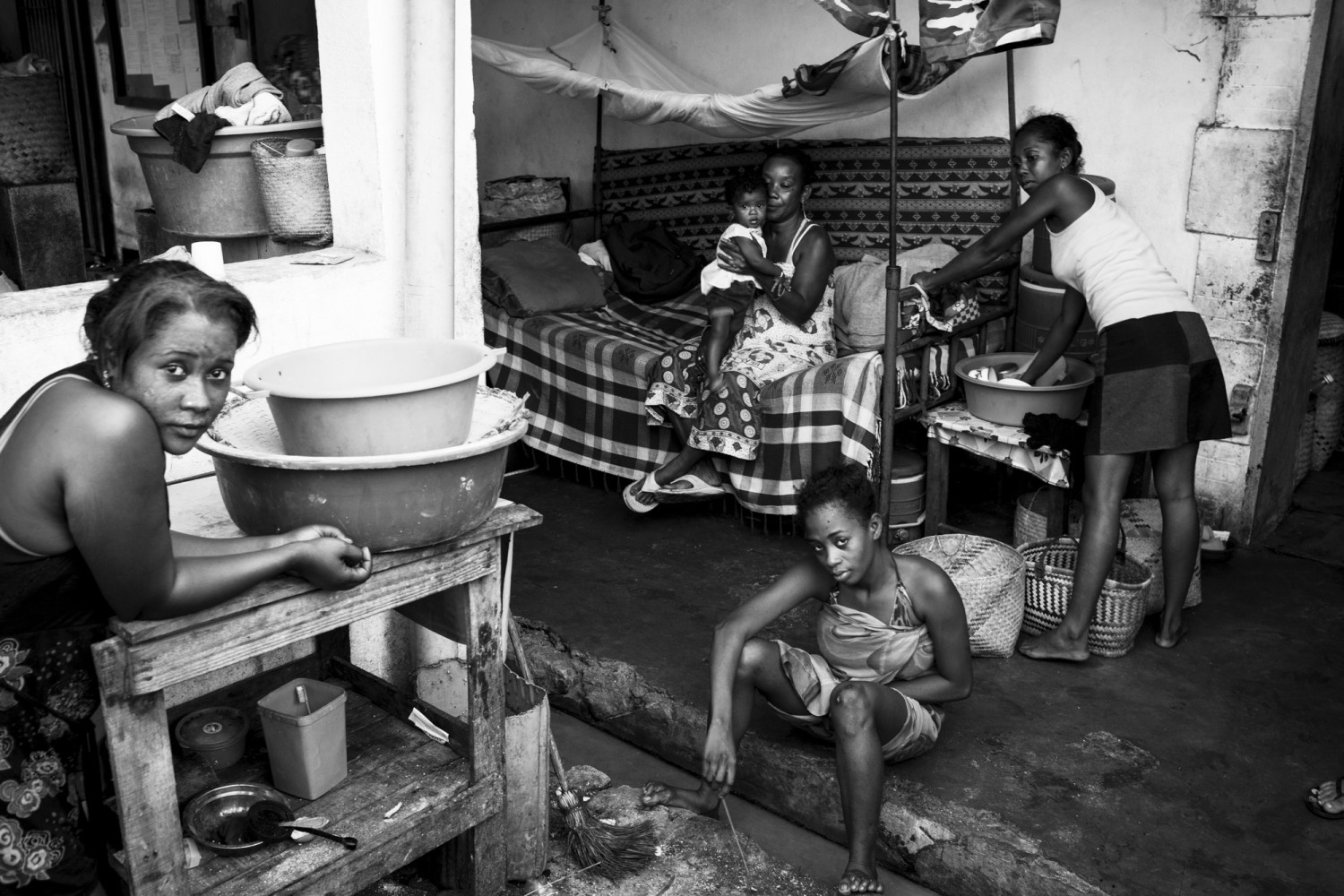
Quartier des Femmes
Inside the female ‘Quartier’ of Marofoto Prison. Out of 651 people in the prison, on average, 45 are women.
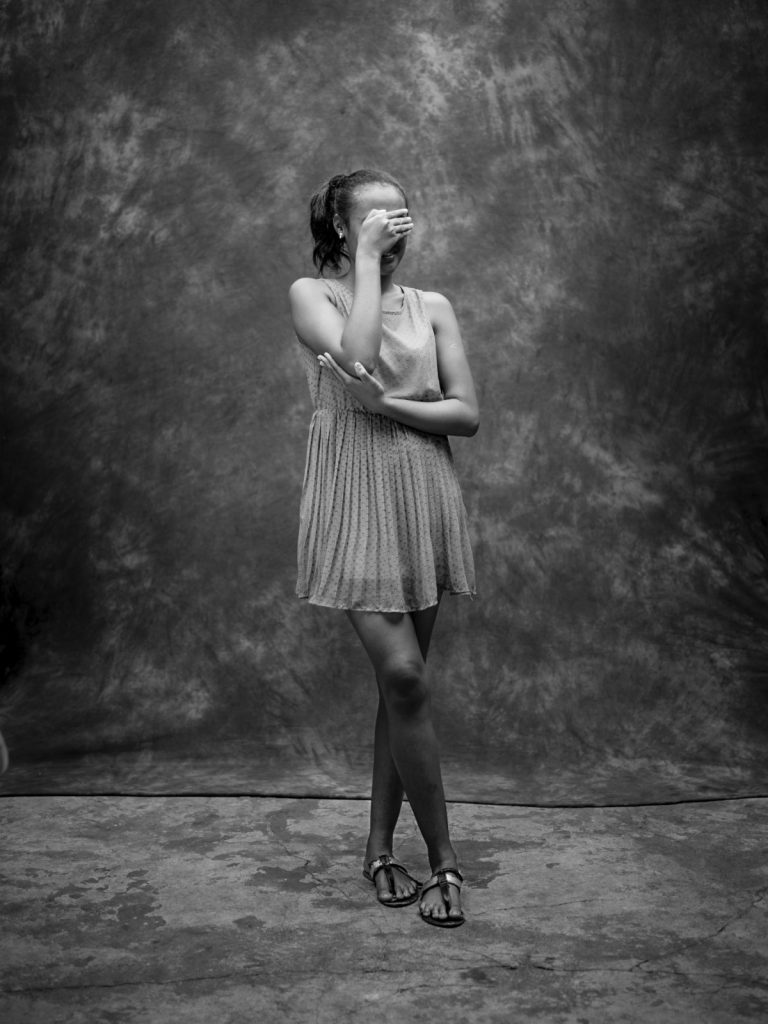
“Whenever I’m sad I pray to God…that’s what I do first; my prison mates also support and comfort me. What is sad is the fact that you cannot really communicate or interact with your family or something like that…you can dance, but the only difference is you’re not allowed to physically interact.”
LANJY ONISOA RAFIDIMANANA.
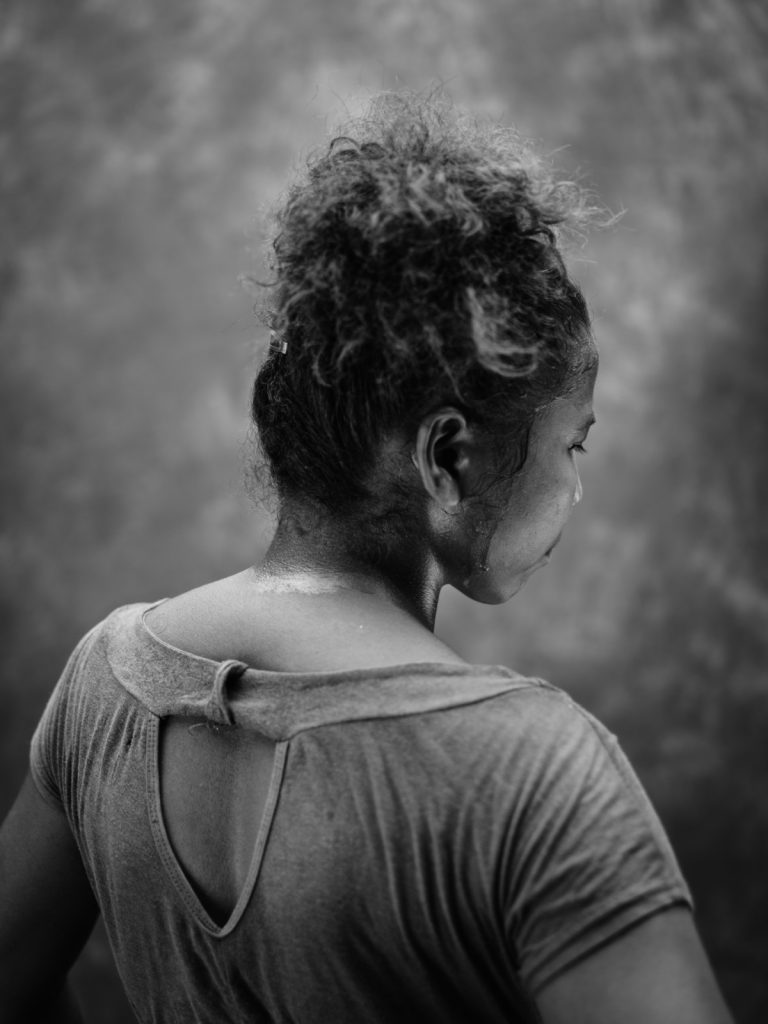
“What saddens me in here is…like in my case for example…with the food arrangements here…if you’re not malnourished…when my family does not bring me food, because I’m not malnourished, I don’t get the food given to some prisoners.”
Evah Rahajanirina Noelifanomezana.
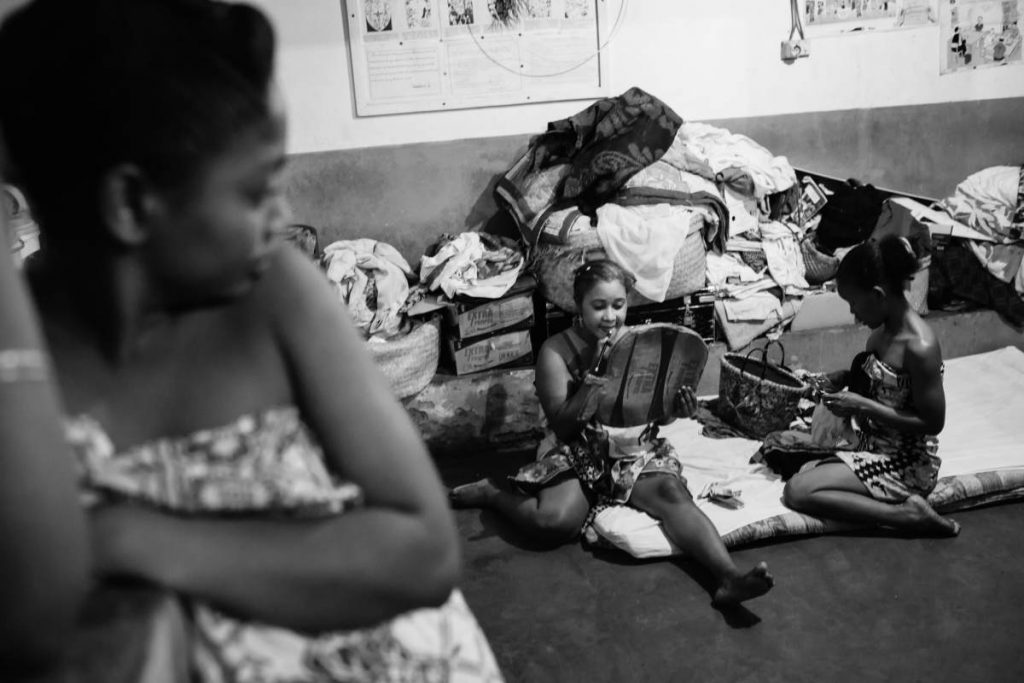
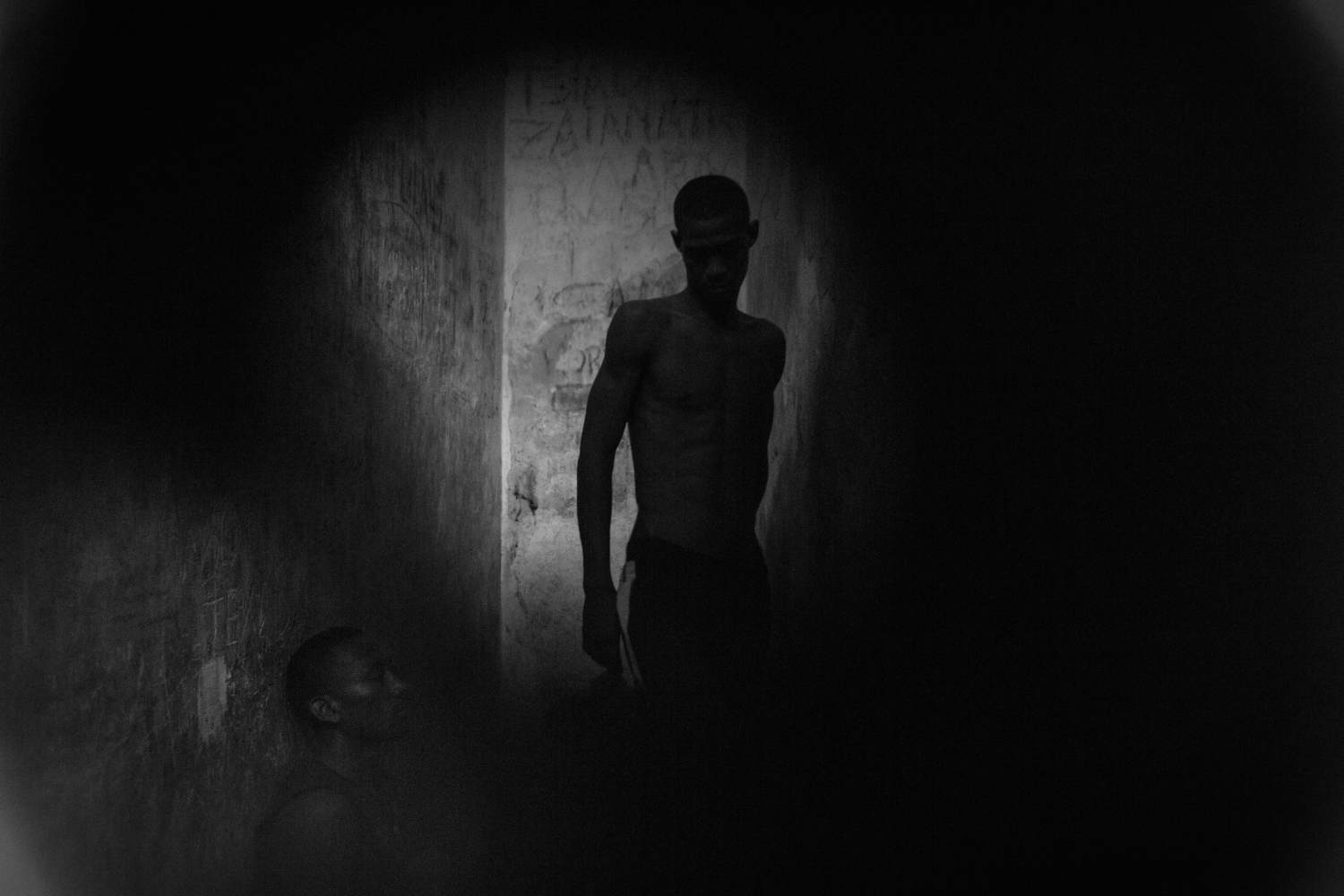
Alone
Inmates are locked in narrow, dark, ‘punishment cells’ when they misbehave. People can stay between five and 15 days depending on the sanctions. The living conditions are very difficult, without toilets, ventilation or a bed.
“The bad things about being in prison is it makes you think too much”
ANDRIANTIANA SYLVAIN.
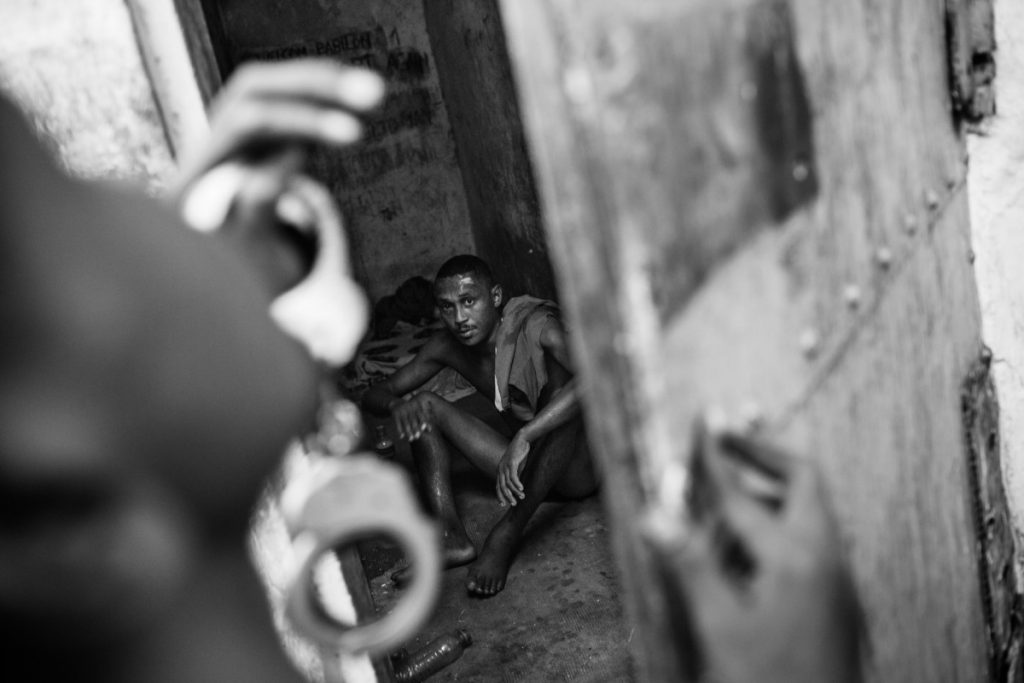
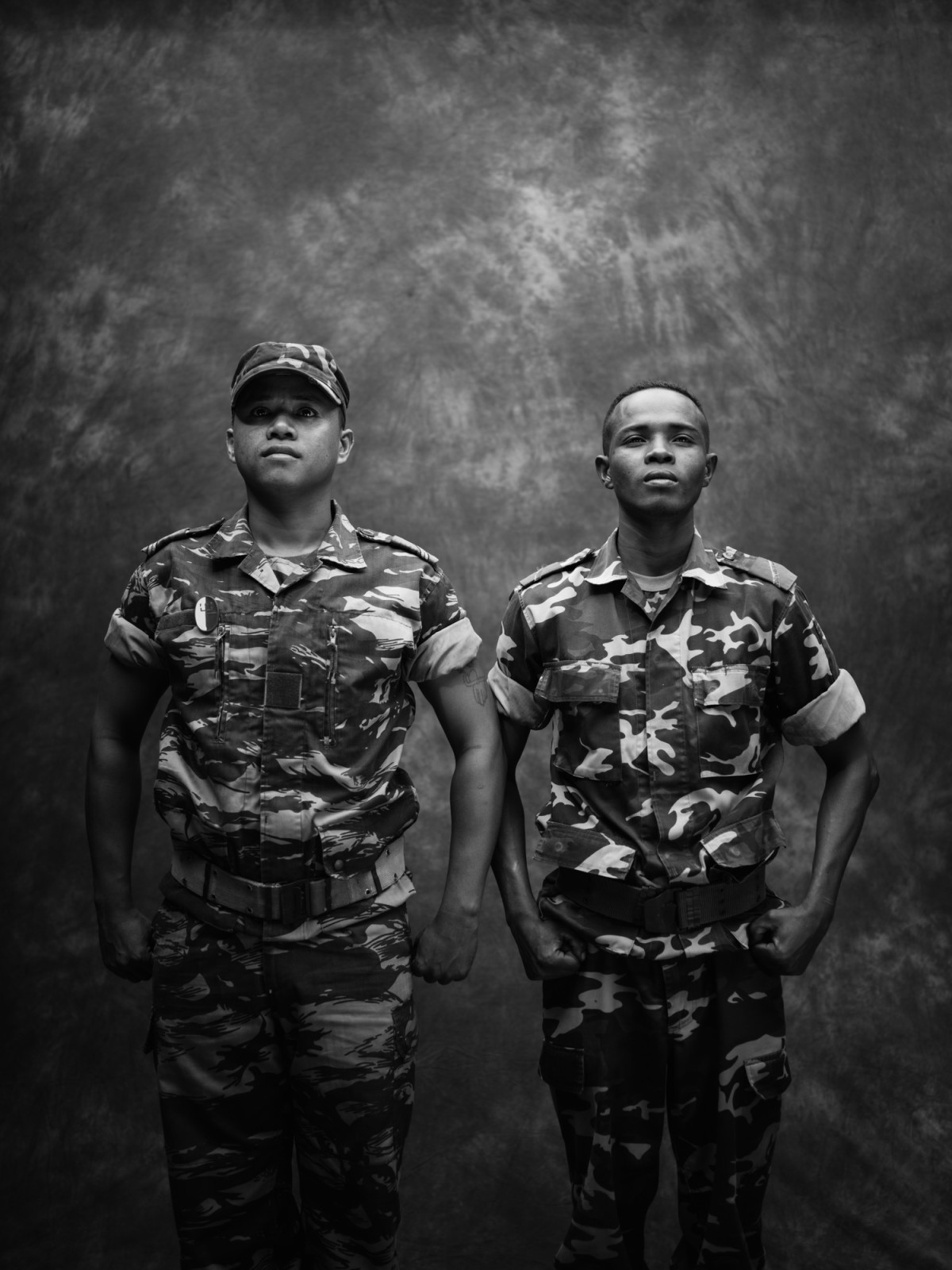
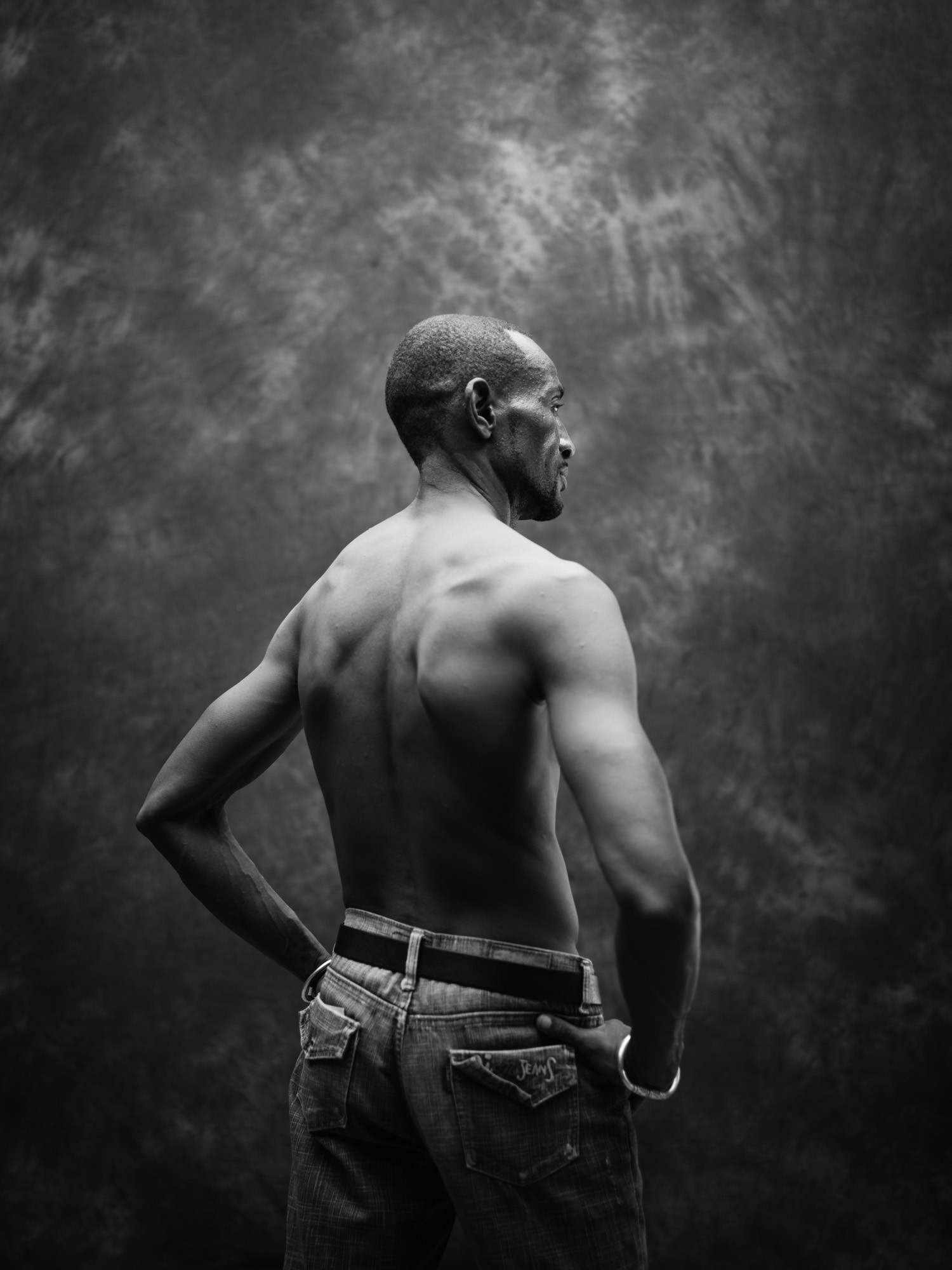
“I put my life in God’s hands”
Aimany Ahamada was sentenced to life in jail for murder. He says he is innocent, and is awaiting a retrial.
“Personally, regarding my concerns and worries, I thank God and am not tired of thanking Him because life in prison can be harsh or not, depending on your own behavior and attitude which can help you alleviate the pain of detention.”
